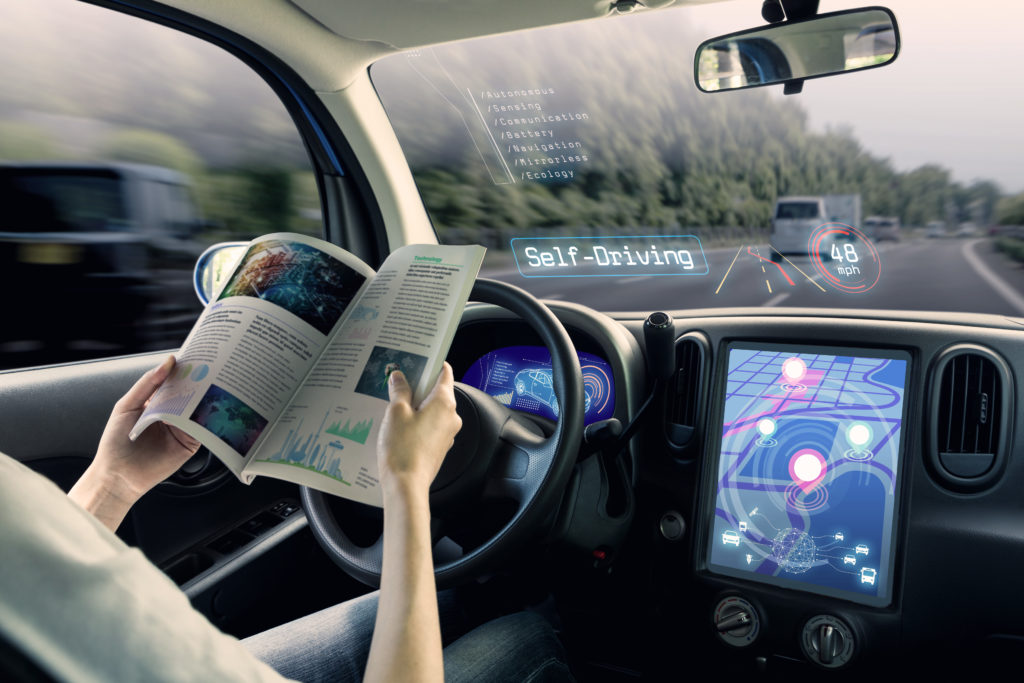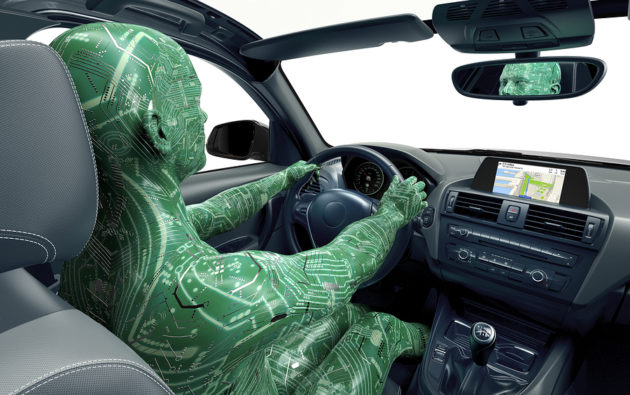The drive to get people to ride in driverless cars may have more than the technology speed bump to contend with. A new poll indicates that a majority of people prefer to do the driving themselves and aren’t interested in owning an autonomous vehicle.
The poll is from PEMCO Insurance, the Seattle-based provider of auto coverage to Northwest residents, which says in its popular series of ads, “We’re a lot like you, a little different.” PEMCO polled drivers in Washington and Oregon and found that 58 percent believe that driverless cars will be legally allowed on city streets and highways within the next decade.
But just one in three of those drivers indicated that they are very interested in someday owning a driverless vehicle, no matter the price tag. Instead, PEMCO found about 40 percent of drivers say they’re not interested in owning one at all.
But there’s good news for folks like those at Seattle’s Madrona Venture Group, who authored a recent study calling for a rapid acceleration of efforts to someday make Interstate-5 between Seattle and Vancouver, B.C., a driverless corridor.
PEMCO’s poll found younger drivers are more eager to give up the steering wheel. “Two-thirds of drivers under age 35 think driverless cars will hit the streets in less than 10 years, and they’re twice as likely to say they’re very or extremely interested in owning a self-driving vehicle compared to their older counterparts (47 percent vs. 23 percent),” PEMCO said in a news release.
PEMCO spokesperson Derek Wing acknowledged that for an older generation, the poll confirmed that giving up control will be difficult.

“Especially when you consider what’s at stake in a car crash, we can understand many drivers’ desire to remain behind the wheel,” Wing said. “Even considering today’s latest safety features, I think it’s human nature for drivers to trust their own instincts and reaction times more than a machine’s.”
Human nature has a lot to do with why tech and auto companies and governments at all levels want machines to eventually take over — to improve safety.
“Automated driving innovations could dramatically decrease the number of crashes tied to human choices and behavior,” states the recently released Federal Automated Vehicles Policy.
But it makes sense for an insurance company to still want there to be a bit of risk associated with driving. After all, if autonomous vehicles prove to be an effective means of reducing or someday eliminating expensive collisions, why would drivers need to pay expensive insurance premiums?
“We’ll be interested to see how people’s attitudes may change over time as technology continues to evolve and some of these concepts become less futuristic and more contemporary,” Wing said.
The poll sample size was 600 respondents in Washington and 600 in Oregon, and yields an accuracy of +/- 4.1 percent at the 95 percent confidence level, according to PEMCO.
